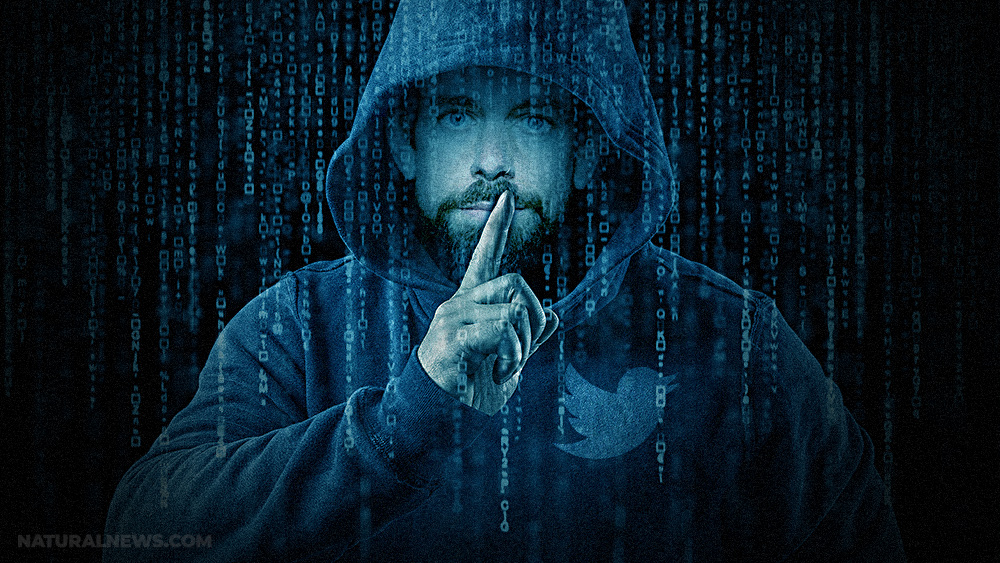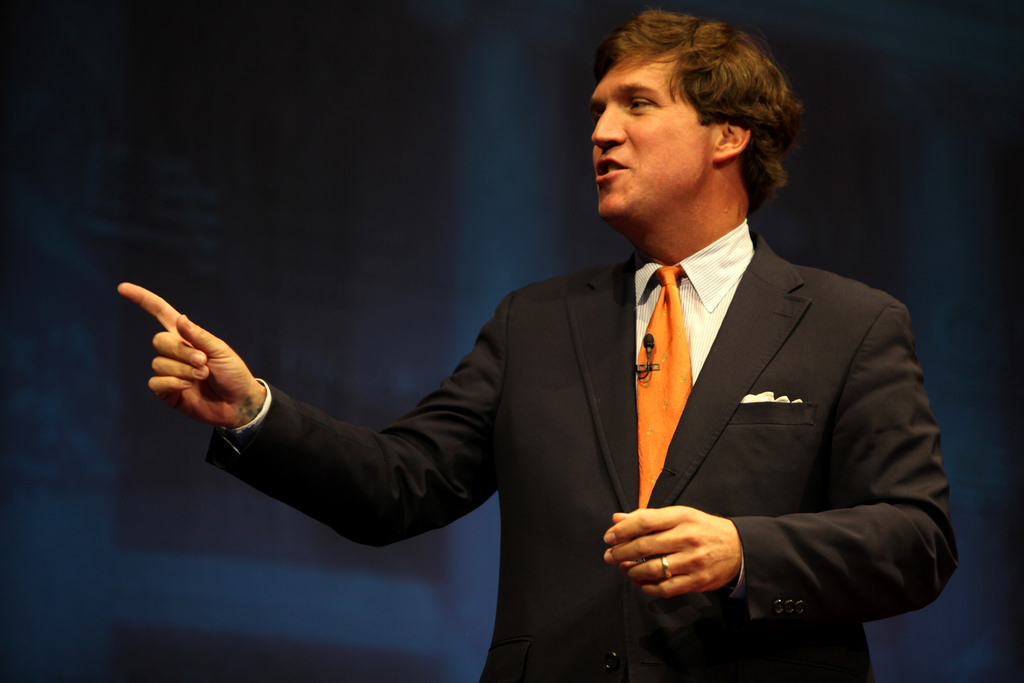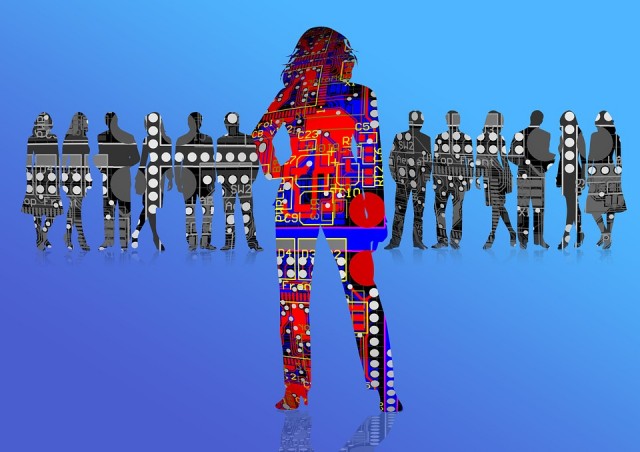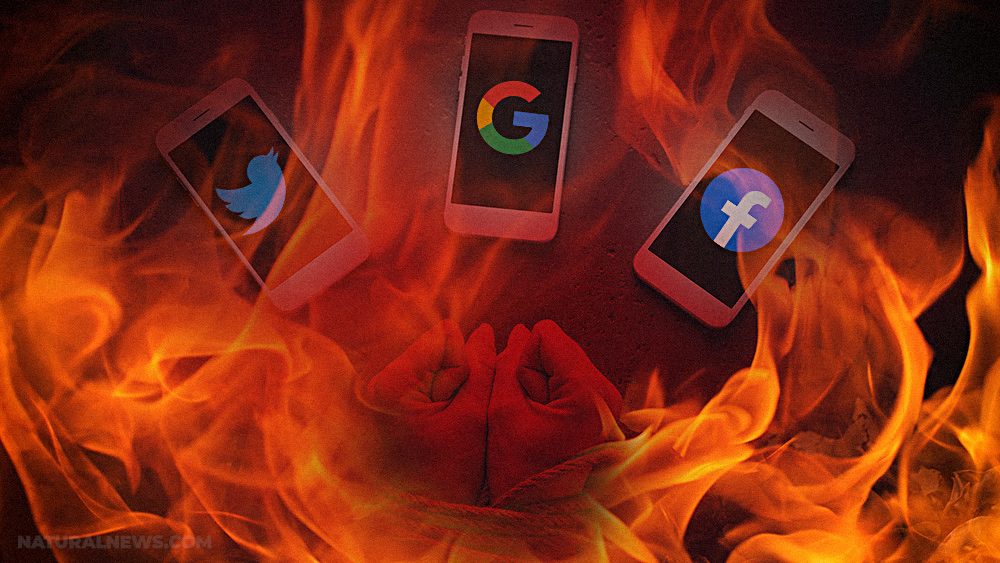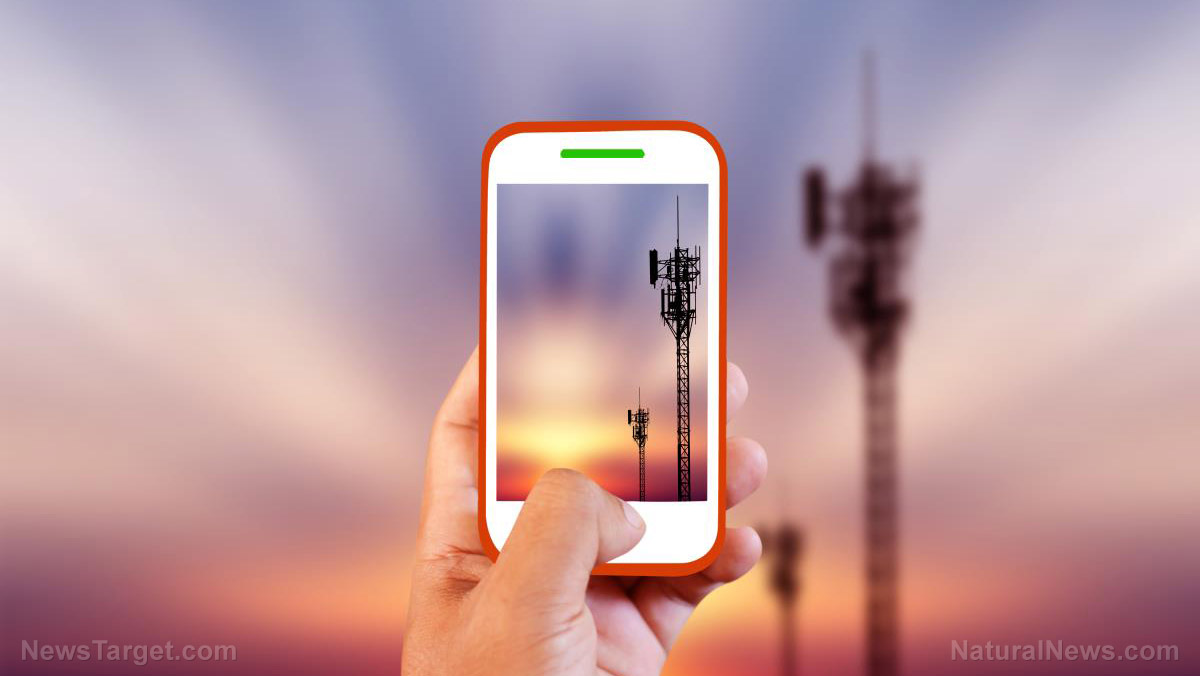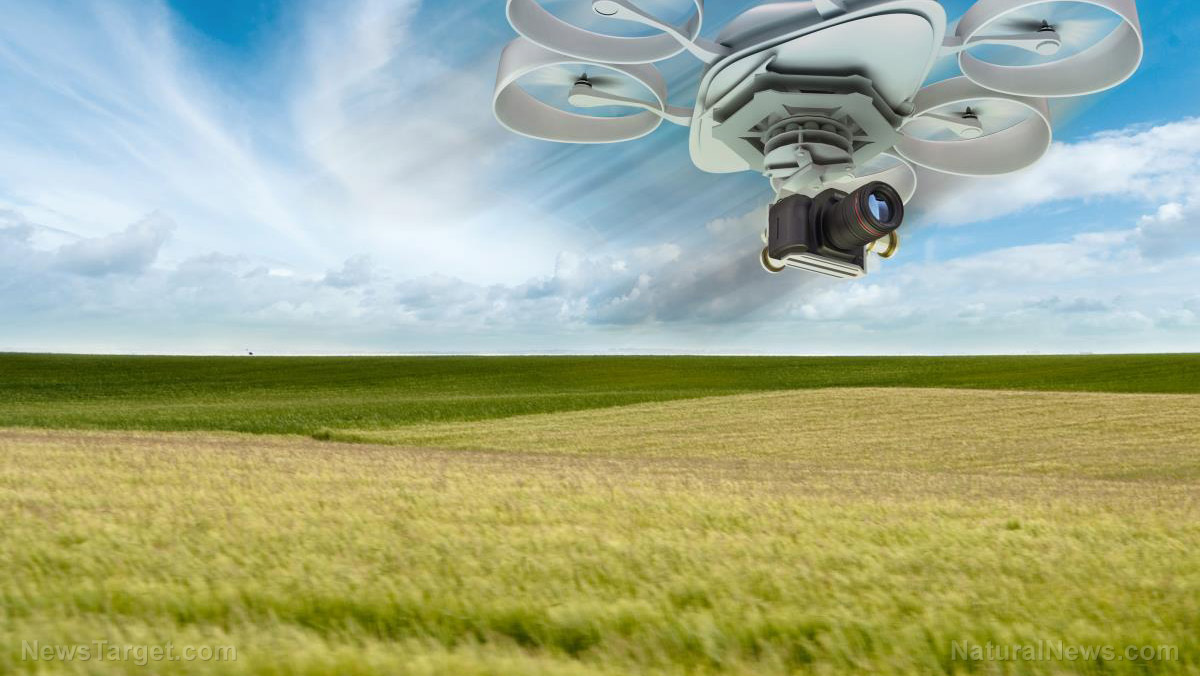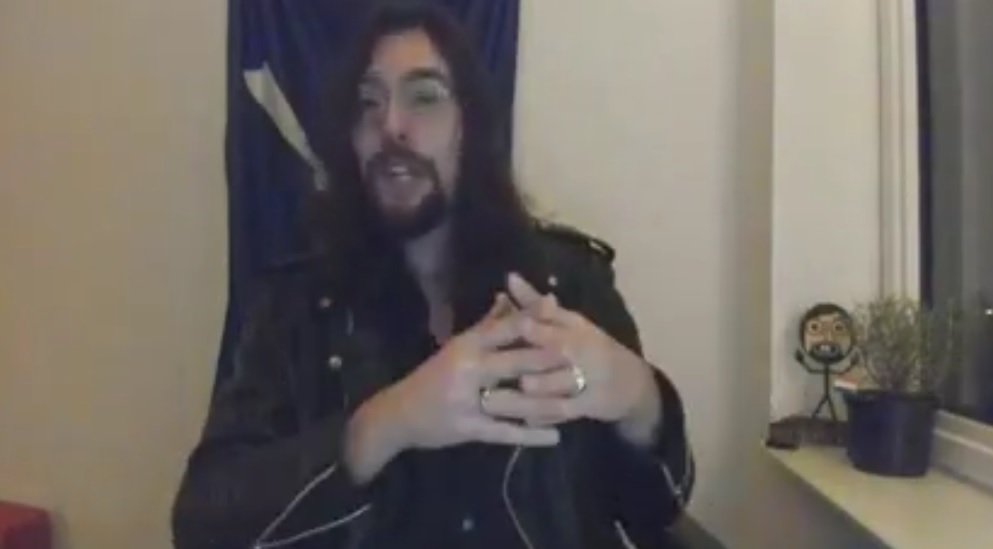Tesla vehicles are now committing homicide on the streets of America. Why isn’t the corporation being held responsible?
01/12/2020 / By Ethan Huff

A few days into the new year it was reported that yet another Tesla car had gotten into a serious accident, smashing into a moving vehicle at a “high rate of speed” before its highly flammable battery suddenly burst into flames.
The incident took place in Salt Lake City, and while some news reports are saying that the Tesla driver may have been drunk – he supposedly ran a red light going about 122 miles per hour – Salt Lake Police Lieutenant Brett Olsen told Deseret News early on that impairment “was not immediately suspected in the crash.”
This statement led still other news outlets to speculate as to whether Tesla’s “autopilot” function may have played a role in this latest horrific tragedy, seeing as how roughly one year ago a rogue Tesla veered off the highway in New Jersey and plowed into several objects as a result of faulty autopilot programming.
Fifty-year-old Sarina Astorga, the driver of the Nissan sedan that was struck by the out-of-control Tesla in Salt Lake City, was reportedly rushed to the hospital in critical condition after the crash. She later died, while the driver of the Tesla was last reported as being in “critical condition.”
“I heard this big, loud boom and I turn around and this black car in the middle of the intersection, I saw it come flying at me,” local bystander Danny Hill told Fox13Now about the Tesla. “I saw the brake shoes, wheel wall come straight at me, so I actually had to start running a little bit to avoid getting hit.”
Lt. Olsen told the same news outlet that he observed debris from the Tesla “scattered up to a block away,” adding that “it was a pretty significant impact.” Sarina’s family has since set up a fundraiser page to help cover the costs for her funeral arrangements.
Tesla cars are serial killers, warns news outlet
As it turns out, Sarina’s death marks the 15th death caused by a Tesla, the 14th resulting from another horrific crash that took place on December 29 in Indiana. Reports indicate that this prior incident involved a Tesla Model 3 that, just like in New Jersey, had been running on autopilot before colliding with a parked fire truck.
This string of deadly incidents involving Tesla cars has prompted the National Highway Traffic Safety Administration (NHTSA) to launch an investigation into these death traps, which some news outlets are now referring to as inanimate serial killers.
For all intents and purposes, Tesla cars are proving themselves to be homicidal maniac vehicles and if they don’t kill their drivers and passengers upon impact, then their exploding batteries will finish the job.
The NHTSA has since issued a public “advisory” warning to Tesla owners that they should always “keep their hands on the steering wheel and pay attention at all times” – in other words, don’t ever rely on the so-called autopilot function to get you to your destination safely.
However, Tesla itself has borne none of the brunt of all this carnage, and neither has its owner Elon Musk. Wealthy Americans continue to purchase these elitist vehicles believing them to be better for the environment, and Musk is reaping windfall profits, even as people continue to die from these deadly vehicles.
“Why are these cars even allowed on the streets?” asked one Zero Hedge commenter in response to this latest news out of Salt Lake City.
“The liability is incredible. Even a lawnmower can’t be sold without kill switches and backup blade shut-offs. Who is allowing this? Is the taxpayer subsidizing Tesla’s production? Tesla has been selling their own insurance in California for over a year, is the insurance also being subsidized by the taxpayer?”
For more related news about the hoax that is Tesla, be sure to check out Deception.news.
Sources for this article include:
Tagged Under: automated vehicles, batteries, corporation, cyber war, dangerous tech, deadly cars, deaths, Elon Musk, exploding, Glitch, homicide, manslaughter, responsible, robocars, robotics, robots, serial killers, tesla, transportation, violence
RECENT NEWS & ARTICLES
COPYRIGHT © 2017 BigTech.news
All content posted on this site is protected under Free Speech. BigTech.news is not responsible for content written by contributing authors. The information on this site is provided for educational and entertainment purposes only. It is not intended as a substitute for professional advice of any kind. BigTech.news assumes no responsibility for the use or misuse of this material. All trademarks, registered trademarks and service marks mentioned on this site are the property of their respective owners.






